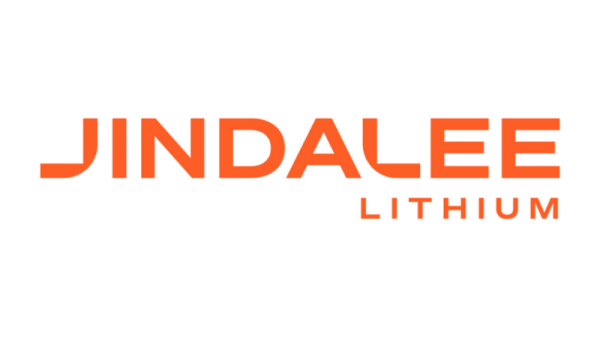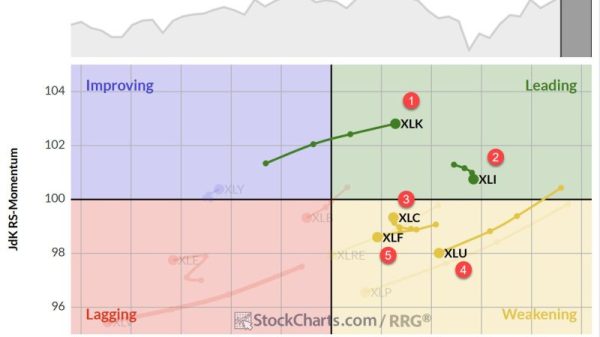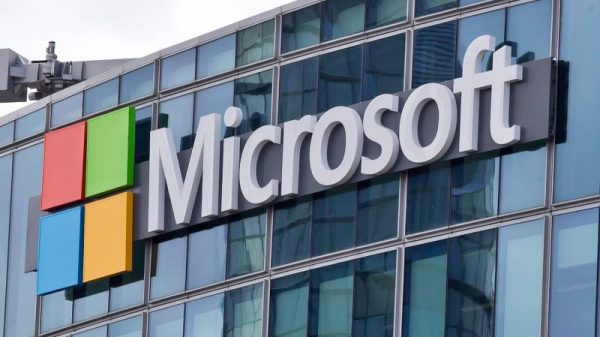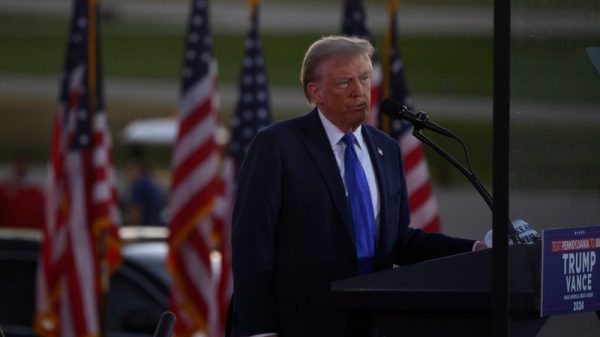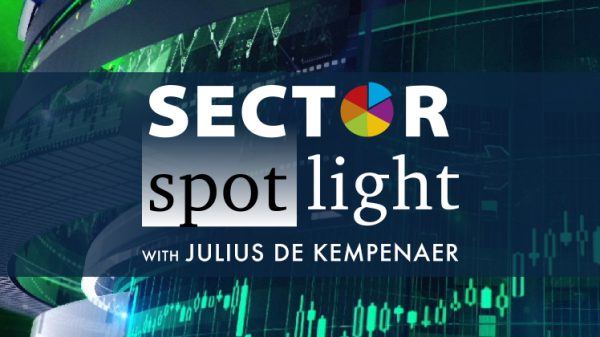The US Securities and Exchange Commission (SEC) surprised skeptics this week by approving all eight pending spot Ether exchange-traded fund (ETF) applications on Thursday (May 23).
Elsewhere, lawmakers came together to pass the first piece of crypto legislation through the House of Representatives, moving it along for a Senate vote, and a probe into Waymo’s robotaxis uncovered additional incidents.
1. SEC approves spot Ethereum ETFs
The SEC’s approval of eight spot Ether ETFs on an accelerated basis marks another major milestone in the cryptocurrency industry. Thursday was its deadline to decide on VanEck’s application for a spot Ether ETF, but the SEC also approved the Grayscale Ethereum Trust, the Bitwise Ethereum ETF, the iShares Ethereum Trust, the ARK 21Shares Ethereum ETF, the Invesco Galaxy Ethereum ETF, the Fidelity Ethereum Fund and the Franklin Ethereum ETF.
After a prolonged period of apprehension and concern, Bloomberg analysts Eric Balchunas and James Seyffart increased their odds of VanEck’s 19b-4 form being approved from 25 percent to 75 percent on Monday (May 20).
After that news, reports surfaced that spot Ether ETF applicants were being asked to update their 19b-4 filings. In response, the price of Ether rose 10.46 percent to US$3,472 in just over 20 minutes.
2. NVIDIA delivers another successful quarter
NVIDIA (NASDAQ:NVDA) reported results for its first fiscal quarter of 2025 on Wednesday (May 22), surpassing analysts’ expectations with revenue of US$26 billion, up 18 percent quarter-on-quarter and 262 percent year-on-year.
The company’s net income climbed 19 percent quarter-on-quarter and 462 percent year-on-year to hit US$15.24 billion; its earnings per share rose 19 percent to US$6.12, marking a 461 percent year-on-year surge.
Following the announcement, NVIDIA shares initially rose to US$992.57 in after-hours trading before dipping to US$967.01. The rally continued into Thursday, and the company’s share price opened above the US$1,000 mark at US$1,020.50. NVIDIA closed the week at US$1,064.69.
3. Microsoft debuts AI-powered Copilot+ PCs
Microsoft (NASDAQ:MSFT) held an event at its new campus in Redmond, Washington, on Monday to introduce its new line of PCs. Called Copilot+ PCs, the computers are powered by artificial intelligence (AI).
Built in collaboration with Microsoft’s manufacturing partners Acer (TPE:2353), ASUSTeK Computer (TPE:2357), Dell Technologies (NYSE:DELL), HP (NYSE:HP), Lenovo Group (OTC Pink:LNGVF,HKEX:0992) and Samsung Electronics (KPX:005930), the devices feature a system architecture that combines the power of central processing units, graphics processing units and high-performance neural processing units to perform AI tasks without requiring a connection to cloud data centers. However, because they are connected to large language models (LLMs) running on Microsoft’s Azure Cloud, they are able to leverage the computational power and data available to delivery advanced AI capabilities.
The PCs are also equipped with small language models (SLMs) that are optimized to run efficiently on local hardware. The integration of SLMs and LLMs give them an edge over other devices that rely on cloud resources or are limited to local AI processing power. On-device features include a host of AI-powered creative systems: Recall, the system’s ability to remember and use past information for relevant actions or responses, and Copilot, Microsoft’s AI agent.
Microsoft’s Copilot+ PCs are powered by Qualcomm’s (NASDAQ:QCOM) Snapdragon X Elite and Snapdragon X Plus processors, which are specifically designed to handle AI tasks and offer longer battery life. Preorders began on Monday, with shipments scheduled to begin on June 18. The starting price is US$999.
4. House passes crypto legislation in landmark vote
The US made progress in establishing crypto legislation this week when the House passed the Financial Innovation and Technology for the 21st Century (FIT21) Act in a bipartisan 279 to 136 vote on Wednesday.
The legislation aims to provide regulatory clarity to the crypto industry, and marks the first time a major crypto bill has cleared Congress. The bill, which was sponsored by Republicans, garnered significant Democratic support, but was met with opposition from both the White House and the SEC, with SEC Chairman Gary Gensler saying in a statement that he believes the bill will put “investors and capital markets at immeasurable risk.’
The landmark vote happened one week after a resolution seeking to overturn the SEC’s Staff Accounting Bulletin No. 121 (SAB-121) received bipartisan support in a 60 to 38 vote in the Senate. SAB-121 provides guidance on how firms should account for crypto assets held in trust by platform users. President Joe Biden has said he will veto the overturning of SAB-121, but so far has not. His deadline to do so is June 3.
5. NHTSA’s Waymo probe reveals additional incidents
Reuters reported on Friday (May 24) that the National Highway Traffic Safety Administration (NHTSA) has gained knowledge of nine additional incidents involving Alphabet’s (NASDAQ:GOOGL) Waymo self-driving vehicles since opening a probe. The probe was launched following 22 reports of incidents that led to crashes and traffic violations.
The investigation focuses on Waymo’s autonomous vehicle software’s ability to avoid collisions with stationary objects, as several of the additional nine incidents involve reports of Waymo robotaxis hitting gates, parked cars and utility poles. The agency will also look into how the software detects traffic safety control devices.
According to a letter from the NHTSA to Waymo, several of the additional incidents ‘involved collisions with clearly visible objects that a competent driver would be expected to avoid.’ The company has until June 11 to respond to a series of questions posed by the agency and to provide video footage of all the incidents under investigation.
Securities Disclosure: I, Meagen Seatter, hold no direct investment interest in any company mentioned in this article.




